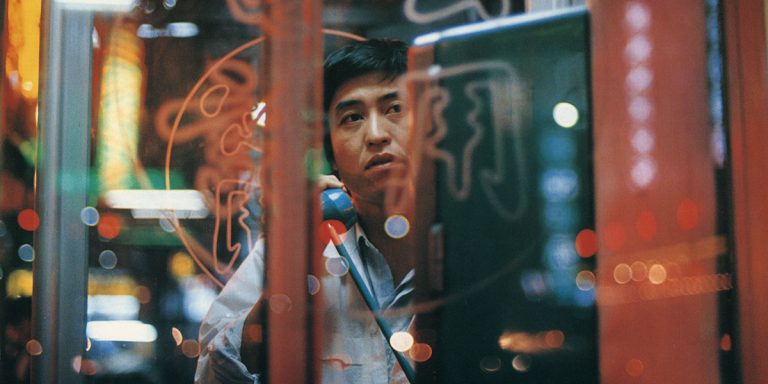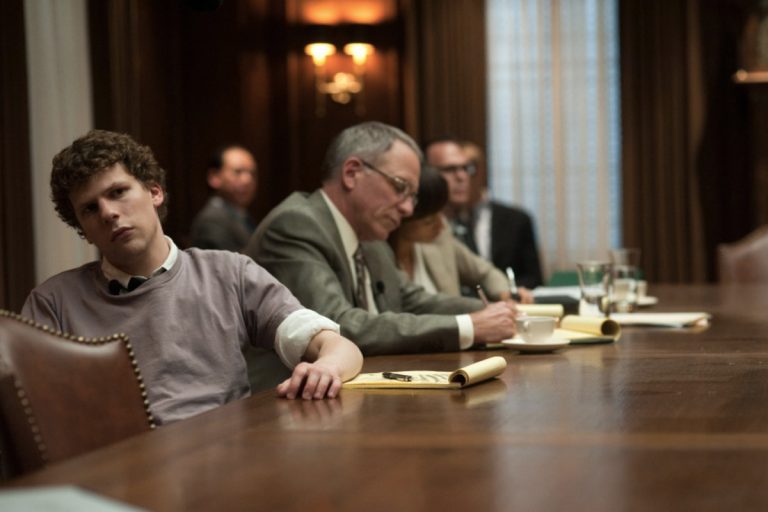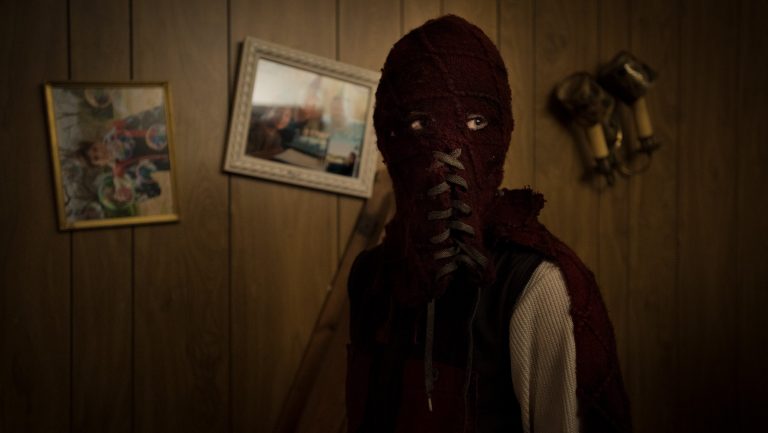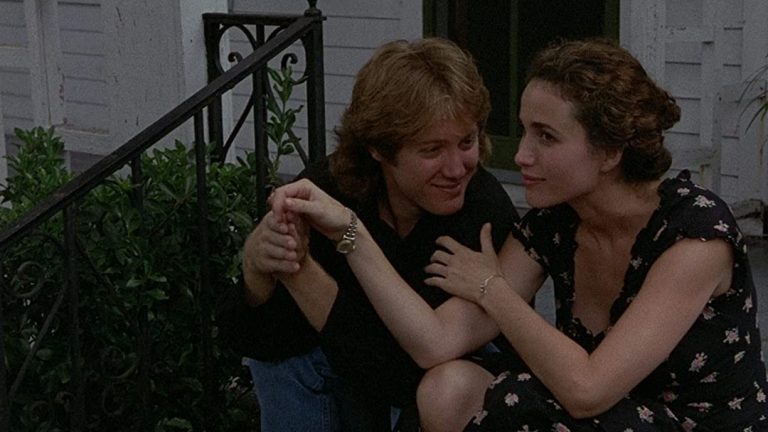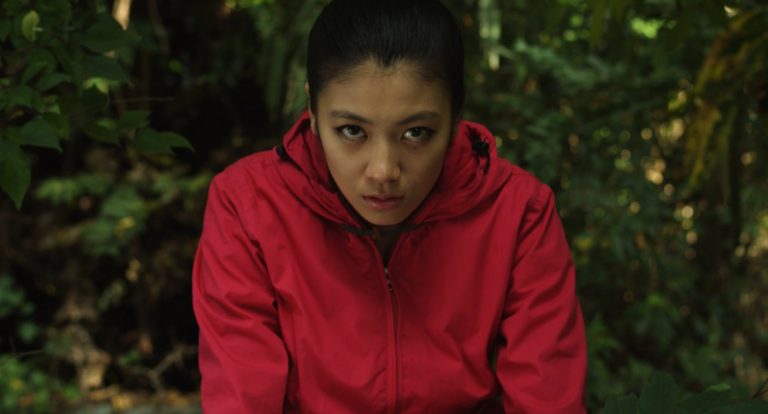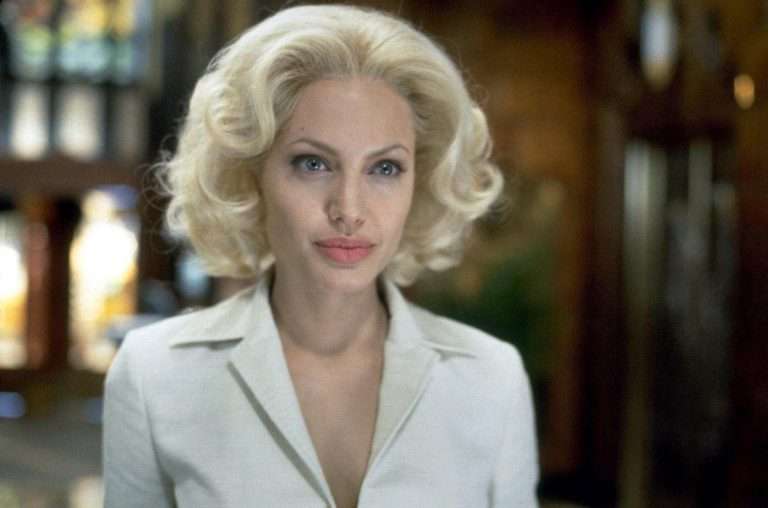In 1985, director Terry Gilliam delivered what he believed was his masterpiece — Brazil. This dark, surreal, dystopian film followed Sam Lowry, a low-level bureaucrat trapped in a futuristic world of endless paperwork, government control, and mechanical nightmares.
With its blend of biting satire and nightmarish imagery, Brazil was unlike any mainstream film at the time. Universal Pictures didn’t see it as groundbreaking. They saw it as a problem.
The “Love Conquers All” Cut
When Universal executives saw Gilliam’s original cut, they were alarmed. The movie was too long, too bleak, and too unconventional. Fearing it would alienate audiences, the studio re-edited the film without Gilliam’s approval.
They shortened it by 30 minutes, simplified the story, and changed the ending so Sam escapes with the woman he loves. This alternate version became known as the Love Conquers All cut.
For Gilliam, it was more than a change — it was the destruction of the movie’s central message.
A Public Fight for Creative Control
Most filmmakers accept some level of studio interference. Terry Gilliam decided to fight back. In a bold move, he purchased a full-page ad in Variety, the leading Hollywood trade paper. It read:
“Dear Sid Sheinberg: When will you release my movie Brazil?”
Sid Sheinberg was the president of Universal Pictures. By addressing him directly in public, Gilliam turned a private dispute into a Hollywood spectacle.
Secret Screenings of Brazil and Critical Uprising
While Universal kept the movie locked away, Gilliam organized secret screenings of his director’s cut at universities and for film critics. These unofficial showings built a wave of support. Viewers praised Brazil as a visionary work and criticized the studio for trying to bury it.
The turning point came when the Los Angeles Film Critics Association awarded Gilliam’s version of Brazil Best Picture, Best Director, and Best Screenplay — all before it was officially released.
Universal Relents
With mounting public pressure and a growing backlash, Universal Pictures finally agreed to release a version close to Gilliam’s original cut. In December 1985, audiences saw Brazil largely as Gilliam intended — dark, ironic, and unforgettable.
Though it wasn’t exactly his untouched director’s cut, it was a victory for creative freedom in an industry often driven by market fears.
Why the Brazil Battle Still Matters
Today, Brazil is celebrated as one of the greatest dystopian films ever made, standing alongside classics like 1984 and Blade Runner. But its legacy isn’t just on screen — it’s in the story of a filmmaker who refused to compromise his vision.
The fight between Terry Gilliam and Universal Pictures is still taught in film schools as a landmark example of a director standing up against studio interference.
It’s proof that sometimes the real drama in Hollywood happens behind the scenes — and occasionally, the artist wins.


